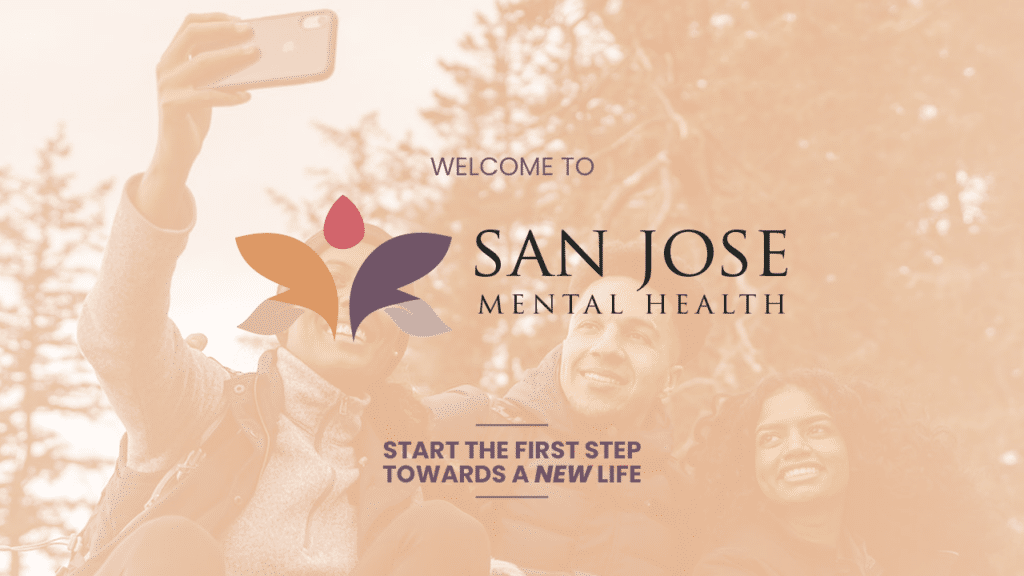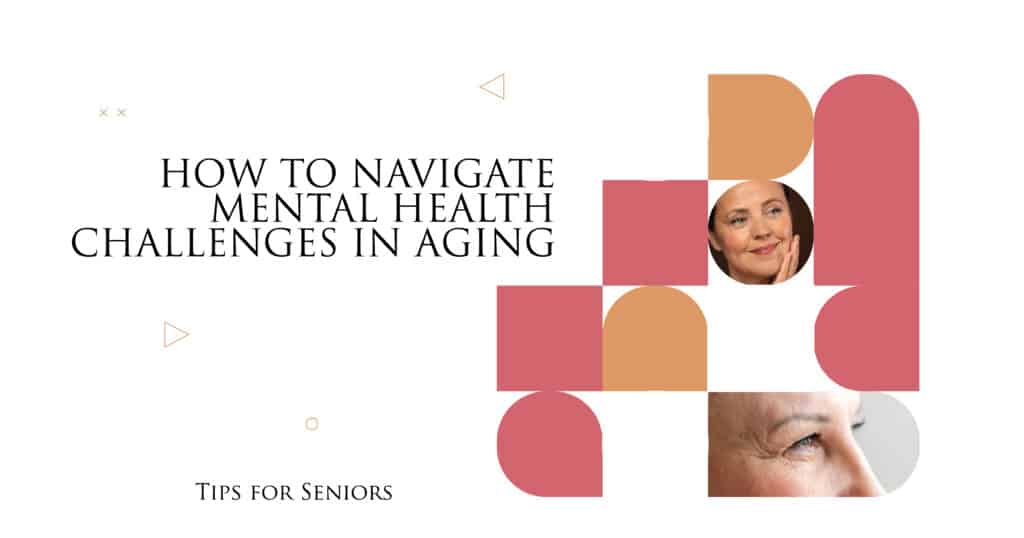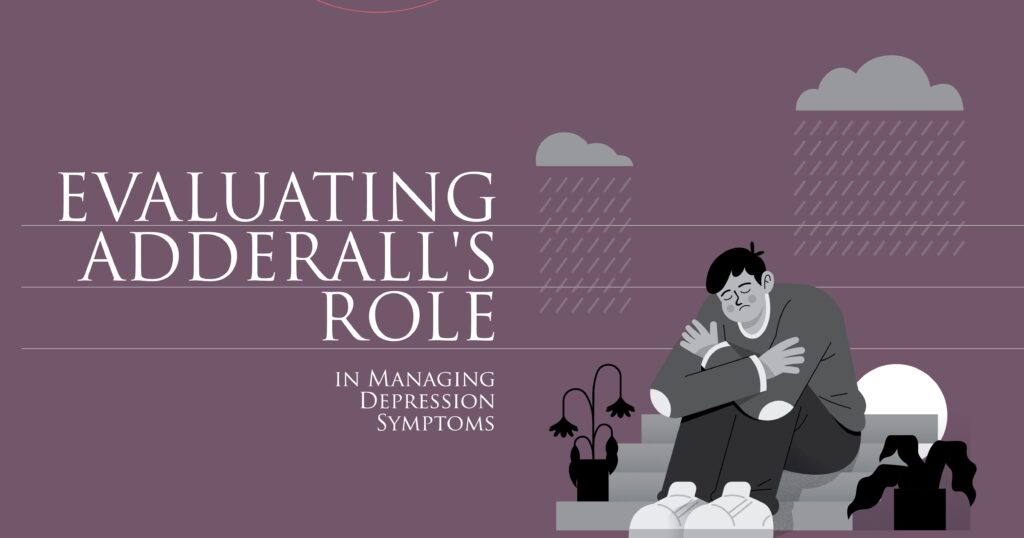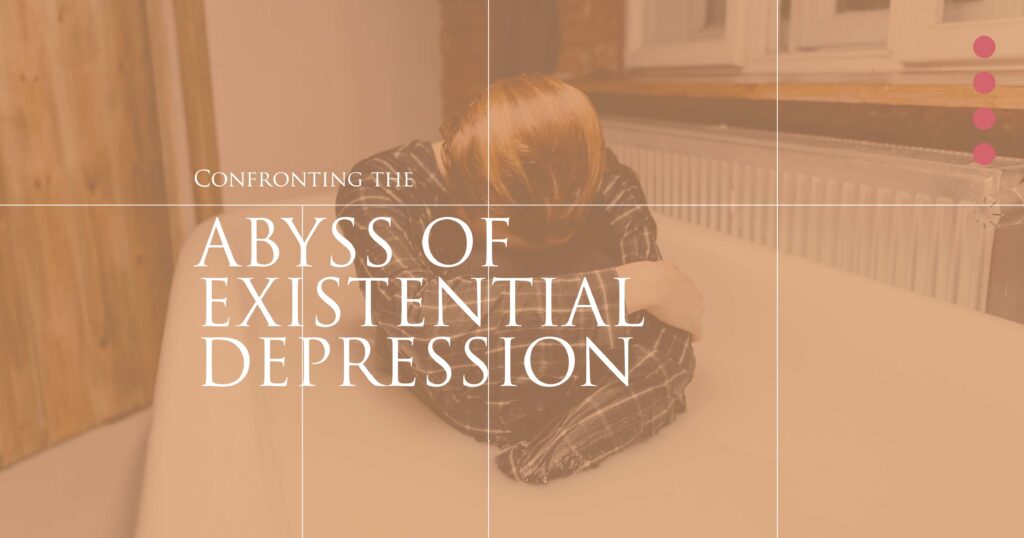Aging is a natural part of life, but it brings its own set of mental health conditions that can affect overall well-being. Understanding and managing these challenges is essential for maintaining a fulfilling and happy life in your later years.
Essential Takeaways
- Recognize the Signs: Early detection of mental health symptoms like sadness, cognitive decline, or loneliness is crucial for effective intervention.
- Implement Self-Care: Regular physical activity, social engagement, mental exercises, healthy eating, and proper hydration are vital for improving mental health.
- Utilize Resources: Seek support from mental health care providers and community resources, and build a strong support network to manage mental health challenges effectively.
In this guide, we’ll explore common mental health issues faced by seniors, practical tips for managing them, and strategies for creating a supportive environment. Let’s dive into how you can navigate these challenges with confidence and care.
Understanding Mental Health in Aging
San Jose Mental Health
The Importance of Mental Health for Seniors
As we age, our bodies and minds go through significant changes. Mental health disorders can affect how we think, feel, and handle stress. Good mental health is crucial for enjoying a high quality of life, maintaining relationships, and managing daily life tasks. It affects how we handle stress and respond to both physical and mental illnesses. Addressing these concerns early can lead to better outcomes and a more fulfilling life, especially as life expectancy increases.
Common Mental Health Challenges in Seniors
Depression and Anxiety
Depression and anxiety disorders are common psychiatric disorders among seniors, but they can often be misunderstood. Depressive symptoms like sadness or a depressed mood can sometimes be overlooked in favor of addressing physical illnesses or conditions like heart disease and chronic illnesses. Unlike younger people, older adults might express their feelings of sadness or worry differently, sometimes showing mental health symptoms such as fatigue or poor sleep rather than traditional emotional signs.
Depression in seniors can be triggered by factors like loss of loved ones, chronic conditions, or substance use disorder. Anxiety may arise from worries about health, finances, or daily tasks.
Key Signs of Depression in Seniors:
- Persistent feelings of depression or low mood
- Loss of interest in activities once enjoyed
- Changes in appetite or weight
- Poor sleep or sleep disturbances
- Feelings of depression or hopelessness
Anxiety in seniors can manifest as symptoms of anxiety, such as excessive worry or physical symptoms like increased heart rate, shaking, or sweating. It’s important to note that seniors may experience mental health decline more subtly, which makes prompt recognition vital for timely intervention.
Cognitive Decline and Dementia
Cognitive decline is a common concern for older adults, ranging from mild cognitive impairment to more severe conditions like dementia, including body dementia. Alzheimer’s disease is the most well-known form of dementia, but other forms, like cure for dementia related to comorbid disease, are being researched.
Symptoms of Cognitive Decline:
- Frequent memory lapses
- Difficulty finding the right words
- Confusion about time or place
- Changes in personality or behavior
Engaging in psychosocial interventions, mental exercises, and maintaining a healthy lifestyle can support brain health and delay the progression of mental health disorders like dementia.
Loneliness and Social Isolation
Loneliness and social isolation are significant issues for many seniors. Risk factors for isolation include loss of friends and family, adult children living far away, and mobility challenges due to physical injuries or illness. The cumulative effects of these factors can contribute to feelings of loneliness, which often have a negative impact on mental health.
Loneliness among community-dwelling older adults can also increase the risk of mental illnesses like depression and anxiety.
San Jose Mental Health
Managing Mental Health Challenges
Practical Tips for Improving Mental Health
Staying Physically Active
Physical activity is essential for both mental and physical health. Exercise helps prevent mental health decline by reducing symptoms of anxiety and depression. Moreover, staying physically active can protect against Cardiovascular diseases and other chronic illnesses.
Engaging in Social Activities
Building social connections is vital for mental well-being. Whether through intergenerational activities, volunteering, or joining local clubs, these interactions can combat the sense of isolation that many seniors feel. Community events often provide opportunities for normal activities that help seniors maintain their mental sharpness and life satisfaction.
Community settings such as senior centers can offer valuable resources for fostering social connections and staying engaged in everyday life.
Cognitive Stimulation and Mental Exercises
Mental exercises, like puzzles or learning a new skill, can help maintain cognitive function and ward off mental health conditions. These activities also provide opportunities for mental health promotion and can be part of a comprehensive mental health action plan aimed at delaying mental disorders like dementia.
Prevention strategies for cognitive decline should include regular mental challenges.
Healthy Eating and Hydration
A balanced diet supports overall mental and physical health. Poor nutrition and poor diet can exacerbate both physical and mental disorders. Healthy eating tips for seniors should focus on nutrient-rich foods to support brain health and reduce the risk of mental illness.
San Jose Mental Health
Seeking Professional Help
Sometimes, seniors may need to seek help from a mental health counselor or behavioral health specialist. Recognizing when to consult a primary care provider about persistent mental health issues is crucial, especially if there are concerns related to substance abuse or chronic depression.
In situations where mental health declines significantly, turning to professionals like those at Mental Health America or consulting organizations such as the National Institute of Mental Health can provide necessary intervention and guidance.








